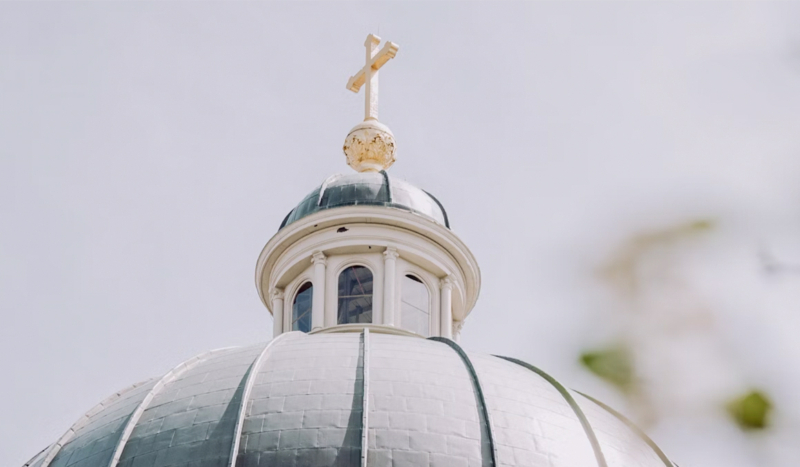
Gianna B / unsplash
CV NEWS FEED // A bipartisan group of lawmakers this week introduced a bill aimed at preventing the abrupt departure of foreign-born religious workers from U.S. faith communities due to visa backlogs.
The Religious Workforce Protection Act, introduced by Reps. Mike Carey, R-Ohio, Richard Neal, D-Mass., Maria Elvira Salazar, R-Fla., and Pete Stauber, R-Minn., offers a targeted fix to ensure religious workers on R-1 visas can continue their ministry while awaiting permanent residency.
Rep. Carey explained the bill’s purpose in an April 9 press release.
“Religious organizations across the country continuously rely on religious workers to help meet the needs of their communities,” he said. “That’s why I’m proud to lead this common sense, bipartisan legislation to ensure that places of worship can operate without disruptions despite the current backlog in EB-4 processing times.”
Under existing law, religious workers on R-1 visas are limited to five years of stay. If they haven’t secured permanent residency within that window, they must leave the country for a year before reapplying — a disruption that many churches are currently facing.
The proposed legislation would grant the Department of Homeland Security authority to extend R-1 status beyond five years for workers with pending EB-4 applications — provided they are eligible for permanent residence and their sponsoring religious organization has filed the appropriate petition. It also introduces limited flexibility for workers to move within ministries without restarting the lengthy application process.
Rep. Neal explained that his office recently began hearing from the Diocese of Springfield about priests at risk of removal due to green card delays.
“Failure to address this issue would affect not just Massachusetts, but faith-based organizations nationwide,” he said, later adding, “This legislation will ensure they can continue their vital work for years to come.”
CatholicVote reported in August 2024 on the challenges faced by foreign clergy serving in the U.S., including a lawsuit the Diocese of Paterson, New Jersey, filed against the U.S. Department of State regarding a policy change that removed separate visa filing and final action dates, effectively forcing many foreign priests to leave the U.S. without recourse.
“[This bill will] ensure our congregations have the personnel they need to keep the faith alive and growing,” said Rep. Salazar, reflecting on her Miami district’s diverse religious life. Rep. Stauber echoed that sentiment, noting that “religious workers play a vital role in our communities” and deserve solutions to visa delays.
Bishop Earl K. Fernandes of the Diocese of Columbus praised the bill and thanked its sponsors.
“At a pivotal time in our country, priests and religious, including those from other countries who serve here as missionaries, are critical to building a civilization of love,” he said, “assisting in the growth of the virtues of solidarity and fraternity, and providing the sacramental and pastoral care to meet the needs of our people, an increasingly diverse group from around the world.”
Archbishop Timothy P. Broglio, president of the U.S. Conference of Catholic Bishops (USCCB), and Bishop Mark J. Seitz, chairman of the USCCB’s Committee on Migration, sent a letter to Congress April 10 expressing their support for the bill.
“We are deeply grateful to and commend the original cosponsors of this bill … for their steadfast leadership in addressing this nationwide challenge,” the bishops said in their letter.
“Beneficiaries of the Religious Worker Visa Program provide a range of services and play a pivotal role in advancing the religious exercise of everyday Americans,” they wrote. “Some parishes, especially those in rural or isolated areas, would go without regular access to the Sacraments, if not for these religious workers.”
The bishops noted that dioceses serving sizable immigrant communities depend on foreign-born religious workers who bring essential language skills and cultural understanding.
“Simply put, an increasing number of American families will be unable to practice the basic tenets of their faith if this situation is not addressed,” Archbishop Broglio and Bishop Seitz wrote. “Likewise, hospitals will go without chaplains, schools will go without teachers, and seminaries will go without instructors.”

